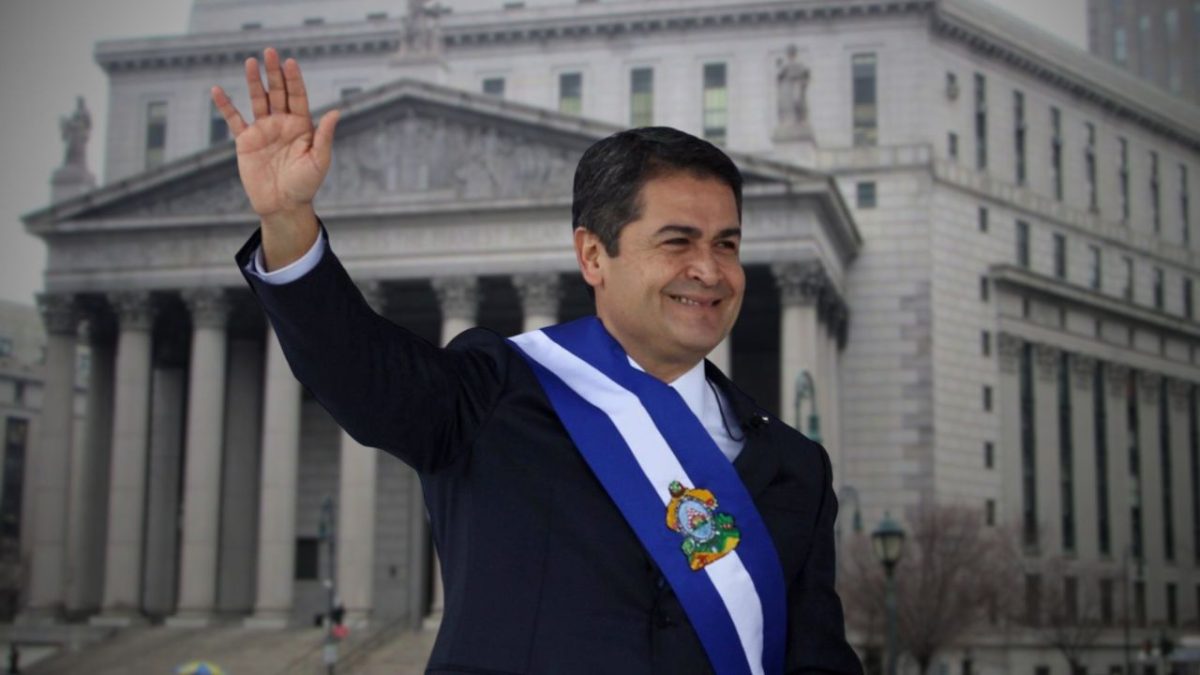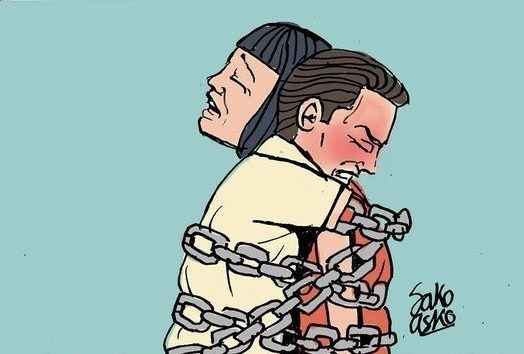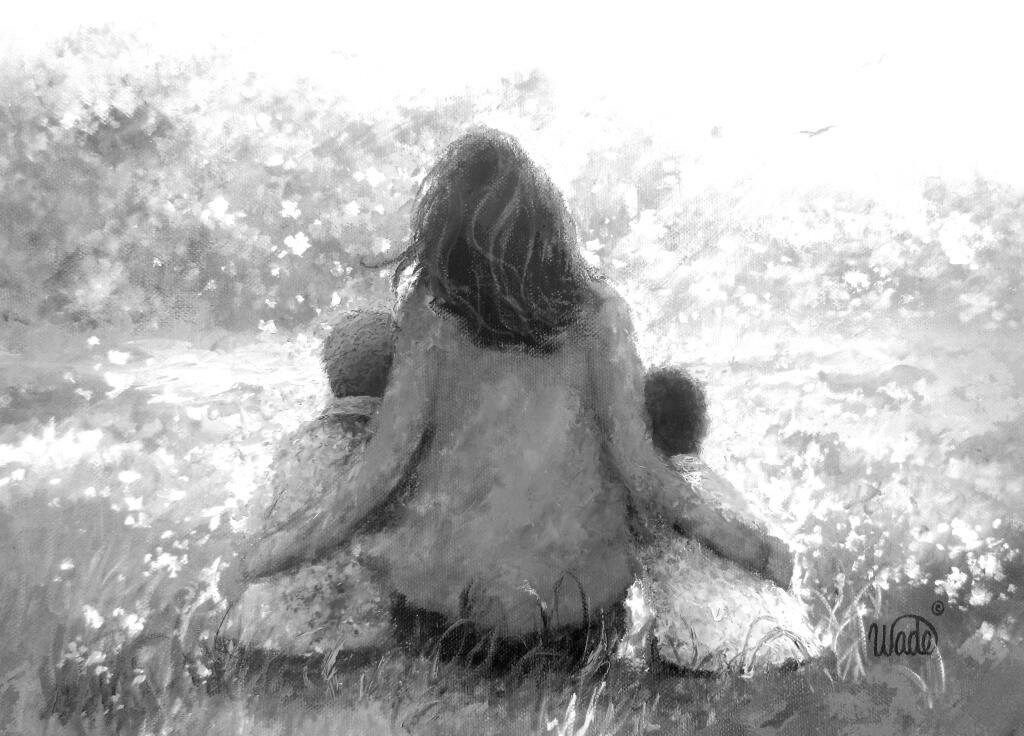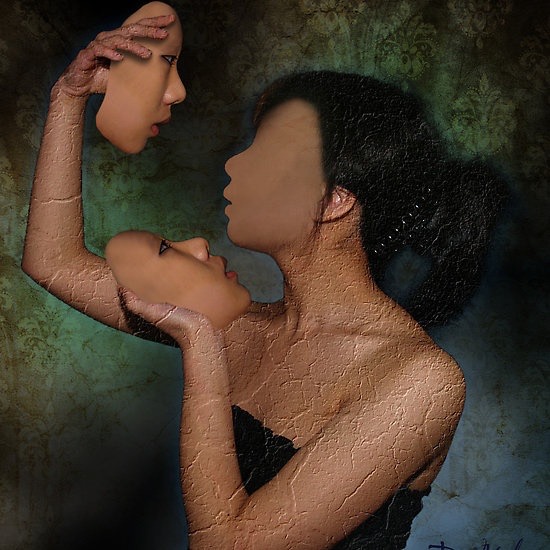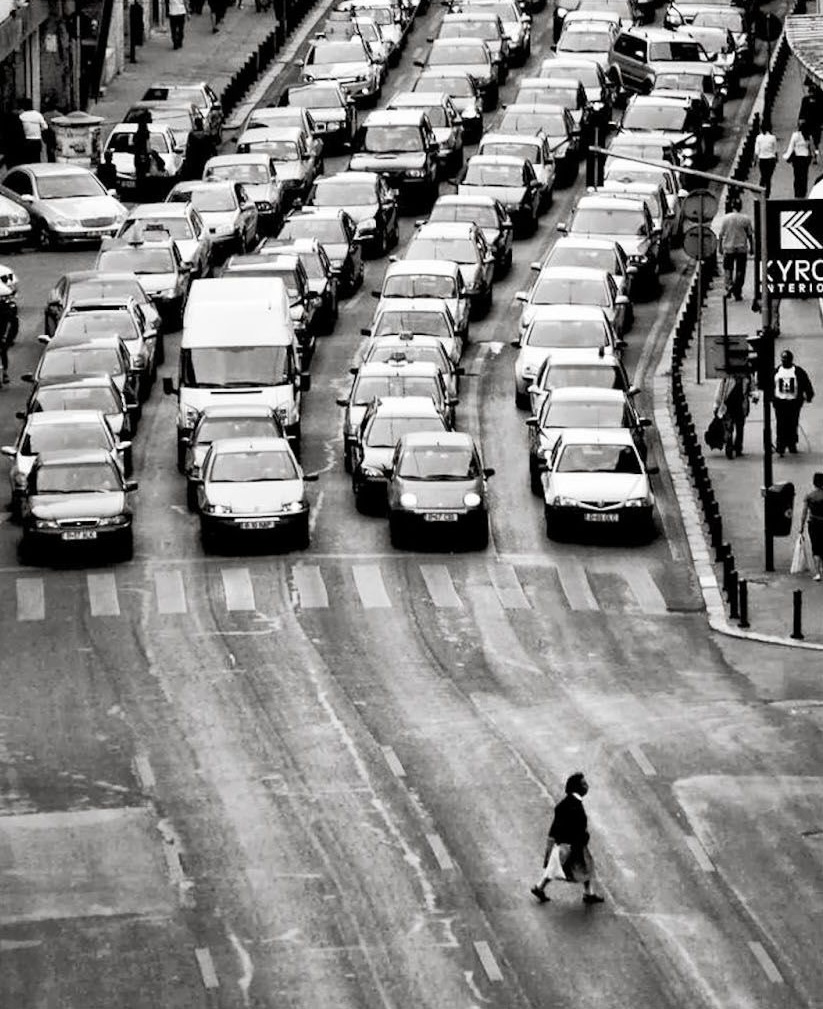It was April 30, 2021. The day I stepped onto a plane and left my country, my parents, my life – practically everything I had.
That was 880 days ago. Over 880 days in which I haven’t had a place I can call home.
I was just 18 then, barely getting the hang of what it meant to be an adult after leaving Honduras. I had no idea what lay ahead, but I mustered the courage to venture to Europe, specifically Germany.
Germany, an enigmatic land unknown to me, welcomed me with equal parts curiosity and skepticism. The intricacies of the language, the unfamiliar customs, and the mysterious ways of the local people soon intrigued me. It was a land of contradictions, where not knowing German earned me disapproving glances, yet I was embraced by individuals genuinely intrigued by my cultural background.
The most profound revelation I encountered was the stark realization of my insignificance. Where I come from, I was comfortable leading a life that made me happy. In Germany, I was Just Carla, an 18-year-old from a third-world country, and if you think that because we are in the 21st century, no one cares about where you come from, well, you are wrong, and I’m here to open your eyes.
My experiences in Germany left an indelible mark on me, forging an unyielding resilience within my character.
As a well-respected country in Europe, Germany had its moments of beauty.
I was impressed with its innovative Pfand system: every time you give back a plastic bottle, a can, or a glass bottle, you get 0.25 euro cents back. This incentivizes recycling; amongst many elements that stand out, one of my favorites was the German unique brewery, which makes their beer one of its kind and tasty.
Despite these noteworthy attributes, it never truly felt like home. I was continually reminded that, to some, I was an outsider, a foreigner in their land. The decision to relocate to another country was fueled by a quest for improved opportunities for myself and future generations.
Regrettably, not everyone is receptive to newcomers, and in Germany, I encountered racism – an experience entirely foreign to me and a reality faced by many in my immediate circle.
After spending one year and a half in the country of poets, thinkers, and a lot of beer, I decided to move to New York.
To start from zero again.
I was prepared for a new beginning, armed with the lessons learned in Germany. Now in my twenties, I commenced my first year at Mercy College, eager to embrace the iconic city that had featured prominently in films, television shows, and dreams alike. New York, however, had its challenges.
The burdens of tuition weighed heavily on me as an international student. Soon, I learned that college can be like high school. With all the maturity I had gained in Germany, I was stepping back two steps. Being the oldest of my friends, I felt I had a particular experience. It’s a good thing I’m always open to learning about people.
Navigating the idea of making friends proved particularly arduous, especially as an international student in a sea of unfamiliar faces.
The anxiety would build up whenever I introduced myself to a new class. Not because I was shy but because of the inevitable questions about where I came from. While I take immense pride in my heritage, it pains me to endure perplexed looks or questions about the location and existence of Honduras.
On one occasion, I was even asked how I had acquired proficiency in English as if the notion of education in my homeland were a foreign concept. Such encounters were deeply unsettling.
It is not a matter of where I hail from or the price I pay for my education. It is a matter of equity and human dignity. I, too, have labored relentlessly to stand where I am today, so why should I be rendered less significant by my ethnicity?
Moving to New York made me feel closer to home, having tacos just around the corner. Occasionally, I would converse in Spanish, having a taste of familiarity. Nevertheless, it still did not feel like home.
Home is a sanctuary where one is embraced and welcomed unconditionally. While I have found solace in the company of specific individuals in Germany and New York, there is a limit to the trials a human spirit can endure.
The experience of being looked down upon and perpetually feeling like I never quite fit in has become the driving force behind my decision to share my journey.
I’ve encountered the trials of being an outsider, but I’ve refused to let it cast a shadow on my identity. Instead, I’ve used my experiences as a narrative of hope, compassion, and the potential for a more inclusive world. While I may still search for a place to call home truly, my path is illuminated by the promise of a brighter, more united world for us all.
I’m a proud Latin woman, and I’m still looking for a place to call home.




